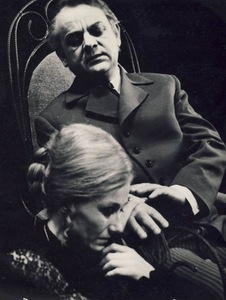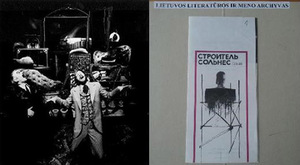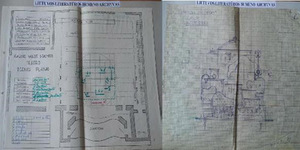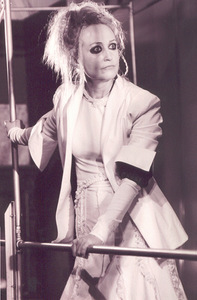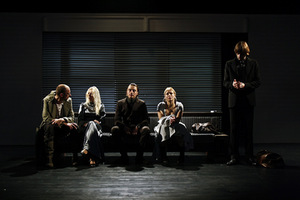H. Ibsen's dramaturgy in the history of Kaunas State Drama Theatre 6
In brief: The work of 19th century Norwegian playwright Henrik Ibsen - titled by many theatre scholars as a pioneer of contemporary drama - is recognized in many European countries; the works are staged in theatre and more recently in cinema. The playwright, who turned to the societal problems of his time, also received special attention in Lithuania.
After discussing the four plays produced during the interwar period, it can be said that the reviewers criticized the performances quite actively, even after seeing that with each play more progress was made. The reviews and articles often contain a large part of analysis of a specific play. Authors, while studying the play, looked at it only from the Ibsen's perspective, did not try to make it relevant, link it to the context of the time. We can notice a certain trend, the wish of the critics for Ibsen to be conveyed as accurately as possible (in other words, the directors should not interpret too much).
In 1941 the theatre was named The Great Theatre of Kaunas (until 1944). In 1942 H. Ibsen's The Wild Duck was staged by director Juozas Monkevičius; the premiere took place on the 30th of May. After The Wild Duck it took three decades for a new attempt to stage Ibsen. In November 16, 1972 director Lidija Kutuzova staged a play Nora or A Doll's House at the Kaunas State Drama Theatre. Play The Master Builder directed by Jonas Vaitkus was premiered in February 2nd, 1980. According to Rūta Vanagaitė J. Vaitkus understood The Master Builder not so much as born out of a certain epoch, expressing its issues and belonging to it, but more like a saga about the eternal and understood throughout time "the struggle of human spirit with itself" (H. Ibsen).
Director Gintaras Varnas' Hedda Gabler premiere took place in March 18, 1998. Many, or more precise, almost all who wrote about this play emphasized the compelling, professional acting of J. Onaitytė and an excellent understanding of the character. Theatre scholar Gražina Mareckaitė notices the combination of Ibsen's drama ideas and contemporary interpretations which was barely covered in the previous reviews of other Ibsen's productions.
In 2010, director of the younger generation, Artūras Areima took upon himself to direct a classic - one of the most famous plays by H. Ibsen - Ghosts. The premiere of the play took place on the 30th of September of the same year. The production of this famous play did not receive a special attention from theatre critics. The performance aimed at drawing attention to issues rooted in the play that are relevant to this day. However, the play seemed to have slipped passed everyone’s eyes without being noticed or causing any bigger discussions.









